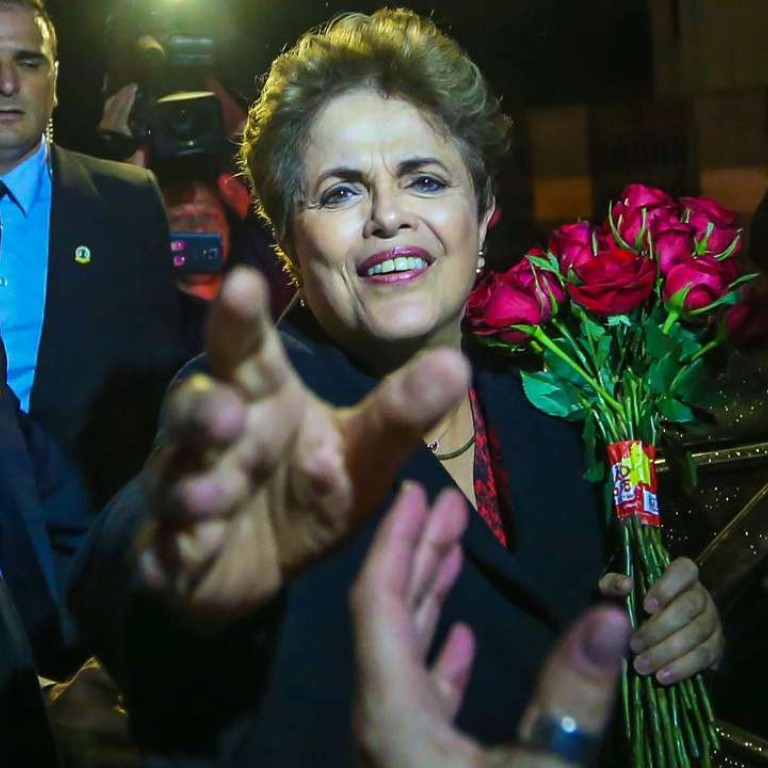
Fixing Brazil’s problems must take priority over politics
The country’s long economic decline must be reversed, and that requires setting aside political disputes
Brazil’s myriad problems have not been erased with the removal of Dilma Rousseff as president. Her impeachment has heightened political and social divisions in society. The healing process has been made challenging by the appointment of Michel Temer, who led the push for her ousting, as her successor until elections in 2018. But Brazilians expect their leaders to put their nation back on a positive path, so adopting a deferential approach towards opponents and existing policies is essential.
The manner in which Rousseff had her job taken raises doubts as to whether that is likely. Impeachment proceedings were launched against her after she refused to stop a corruption inquiry in which dozens of lawmakers were implicated. Senators voted 61 to 20 for her removal for using state bank funds to prop up the budget prior to her election in 2014, considered a crime, yet a practice among predecessors for which no action was taken. Many of the legislators who opted for her ousting are accused of graft and bribery.

The nation’s circumstances are a far cry from when she took the presidency in elections in 2010 to continue power for the left-wing Worker’s Party after two successive terms under the charismatic Luiz Inacio Lula da Silva. Then, Brazil had the world’s seventh-biggest economy and was perceived as a nation with great potential, the reason it opted to host the Olympic Games and the World Cup soccer tournament. Lula’s social policies were immensely popular and his new ideas brought hope for a political system sullied by corruption and patronage. But unlike Lula, Rousseff lacked the bargaining skills necessary to make Brazil’s diverse range of political parties work together.
The optimism has been successively soured by the economic damage caused by a collapse in commodity prices, the Petrobras and Lavo Jato corruption investigations, social tensions and the political crisis. Temer’s interim plans have helped steer a modest rebound in the economy. But if the gloom is to be lifted, he has to put righting the country’s ills ahead of politics.

